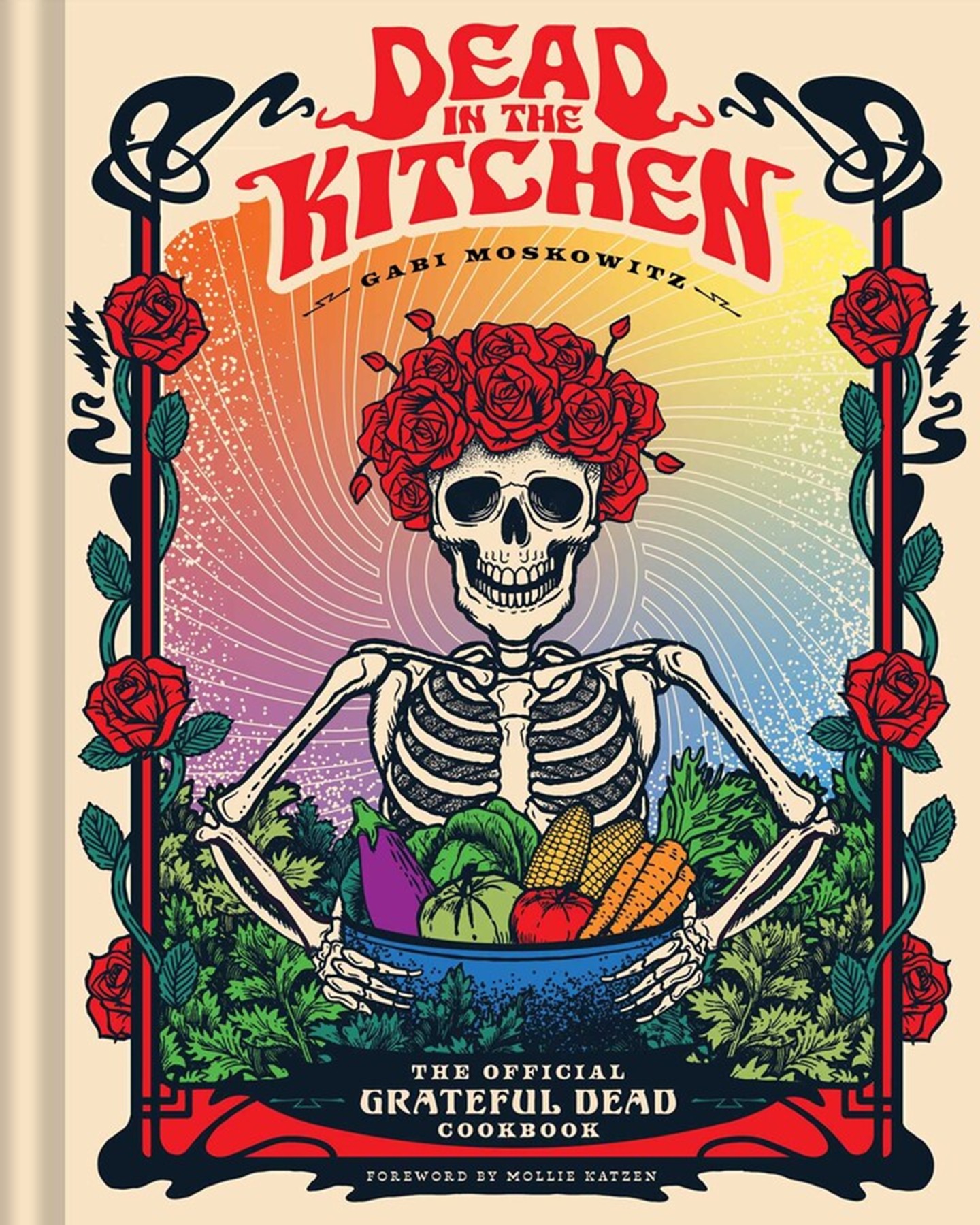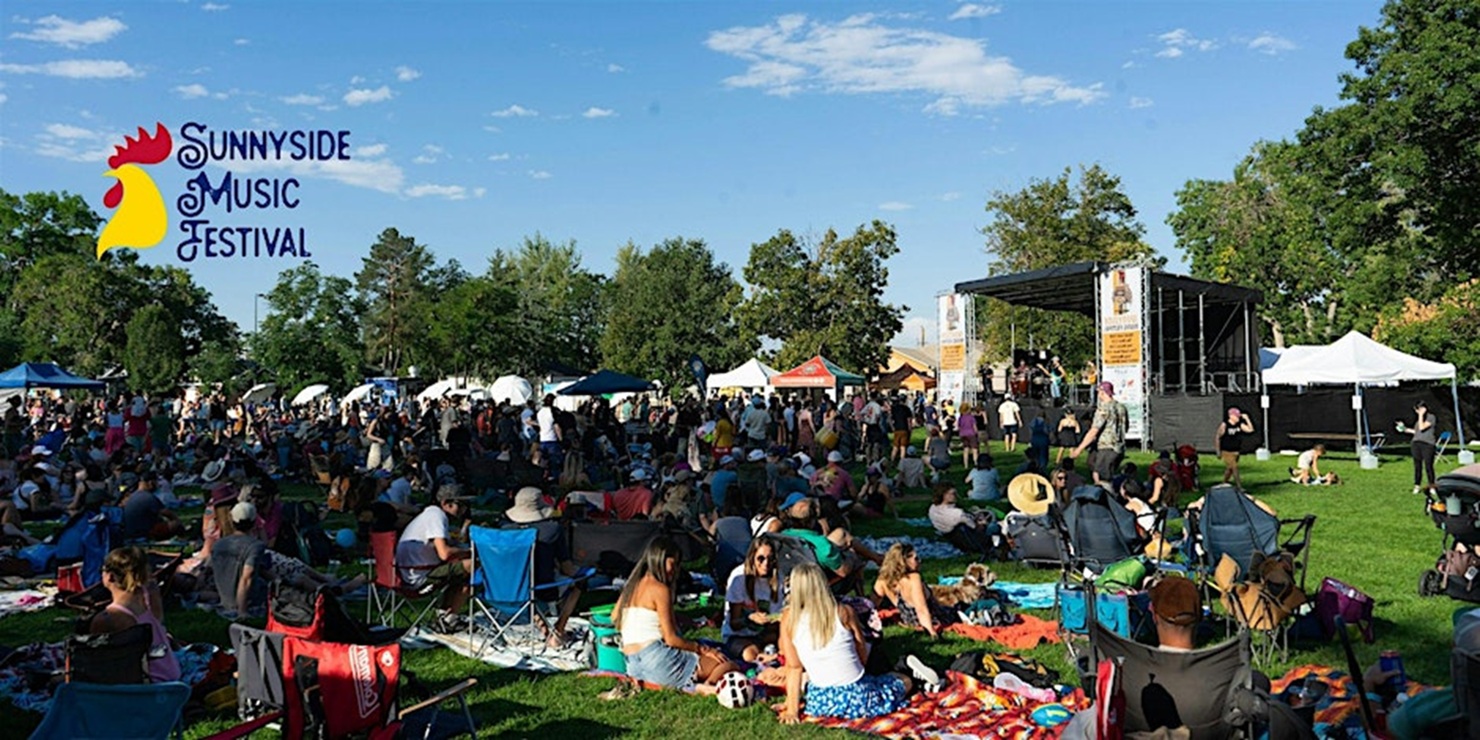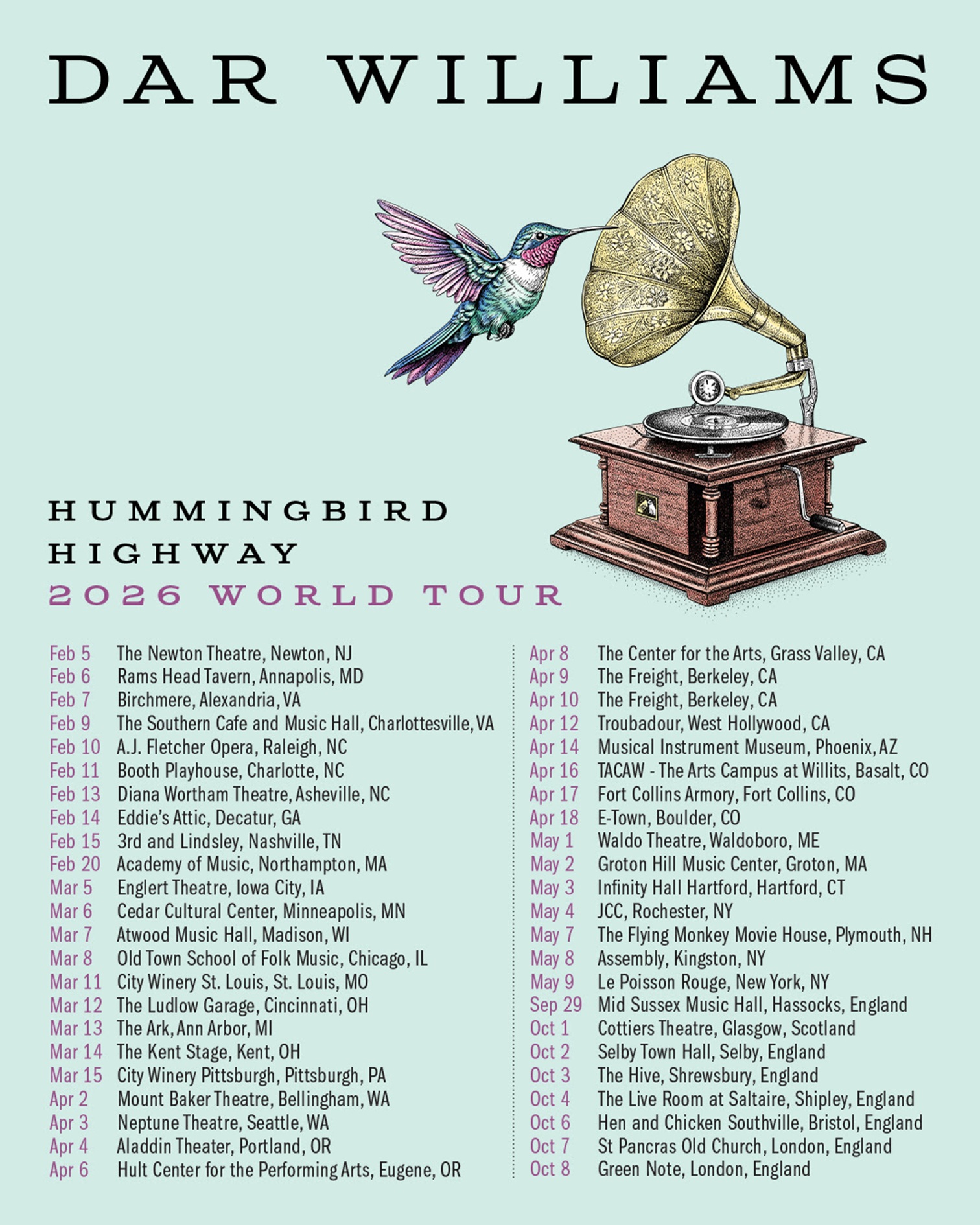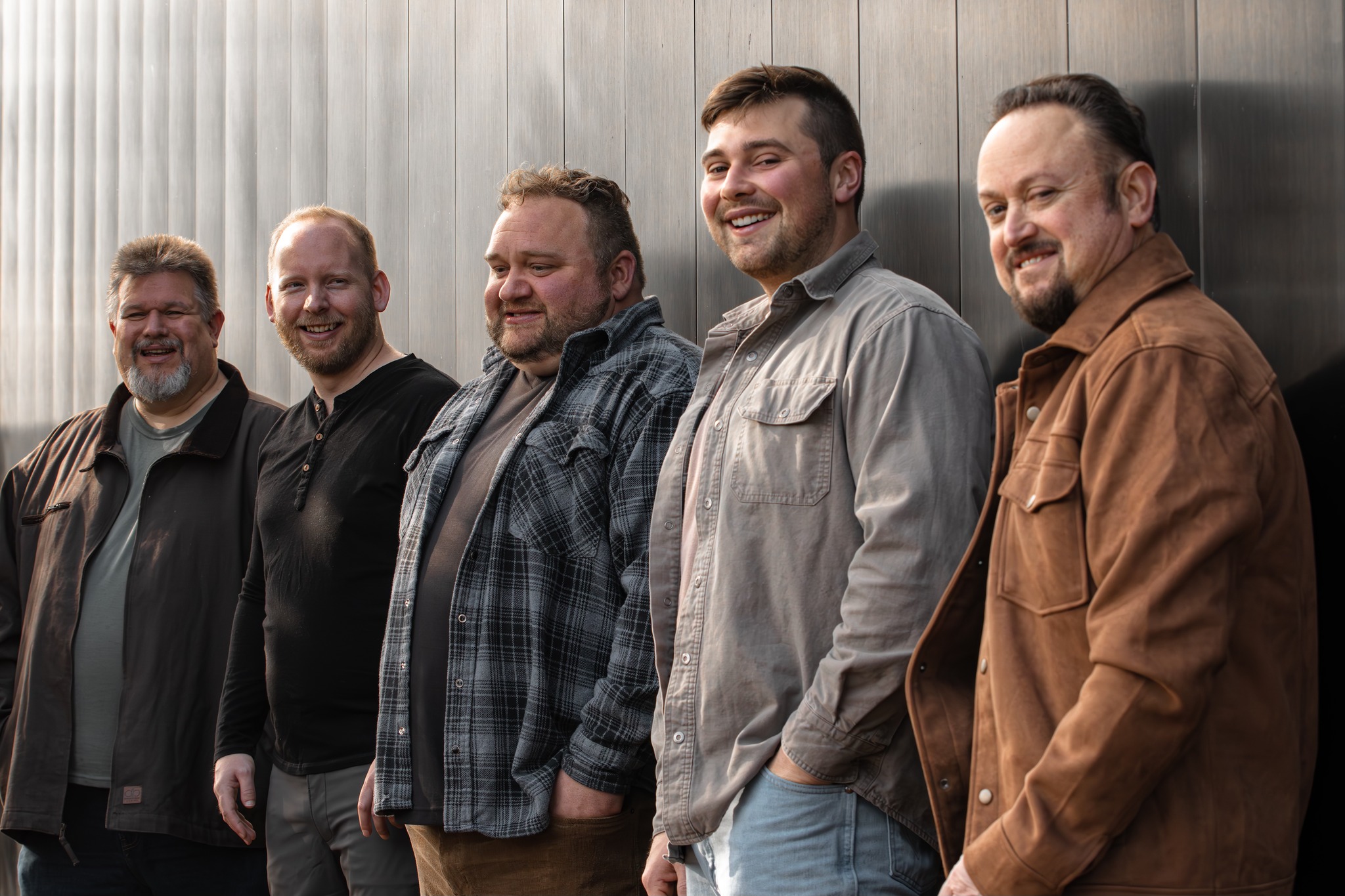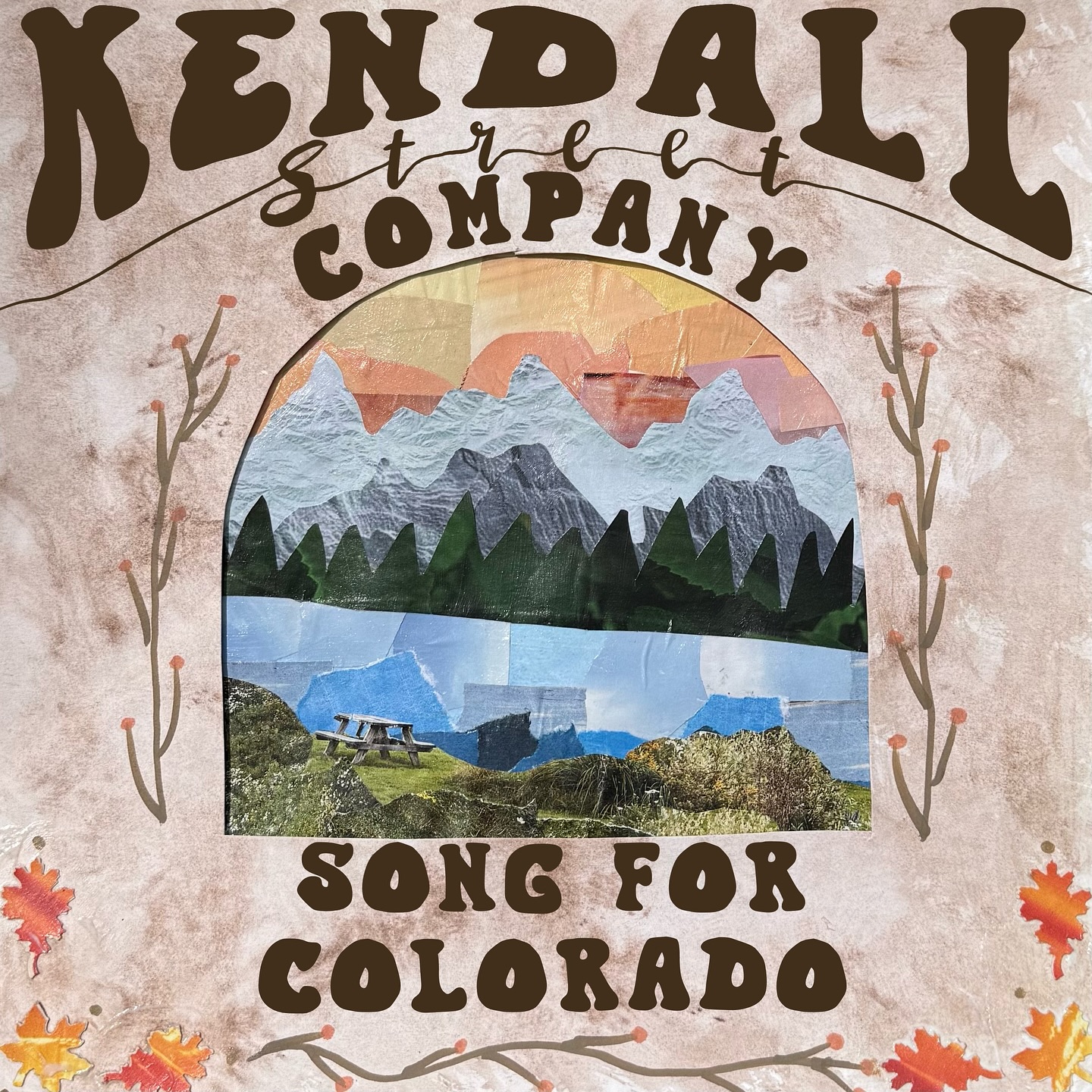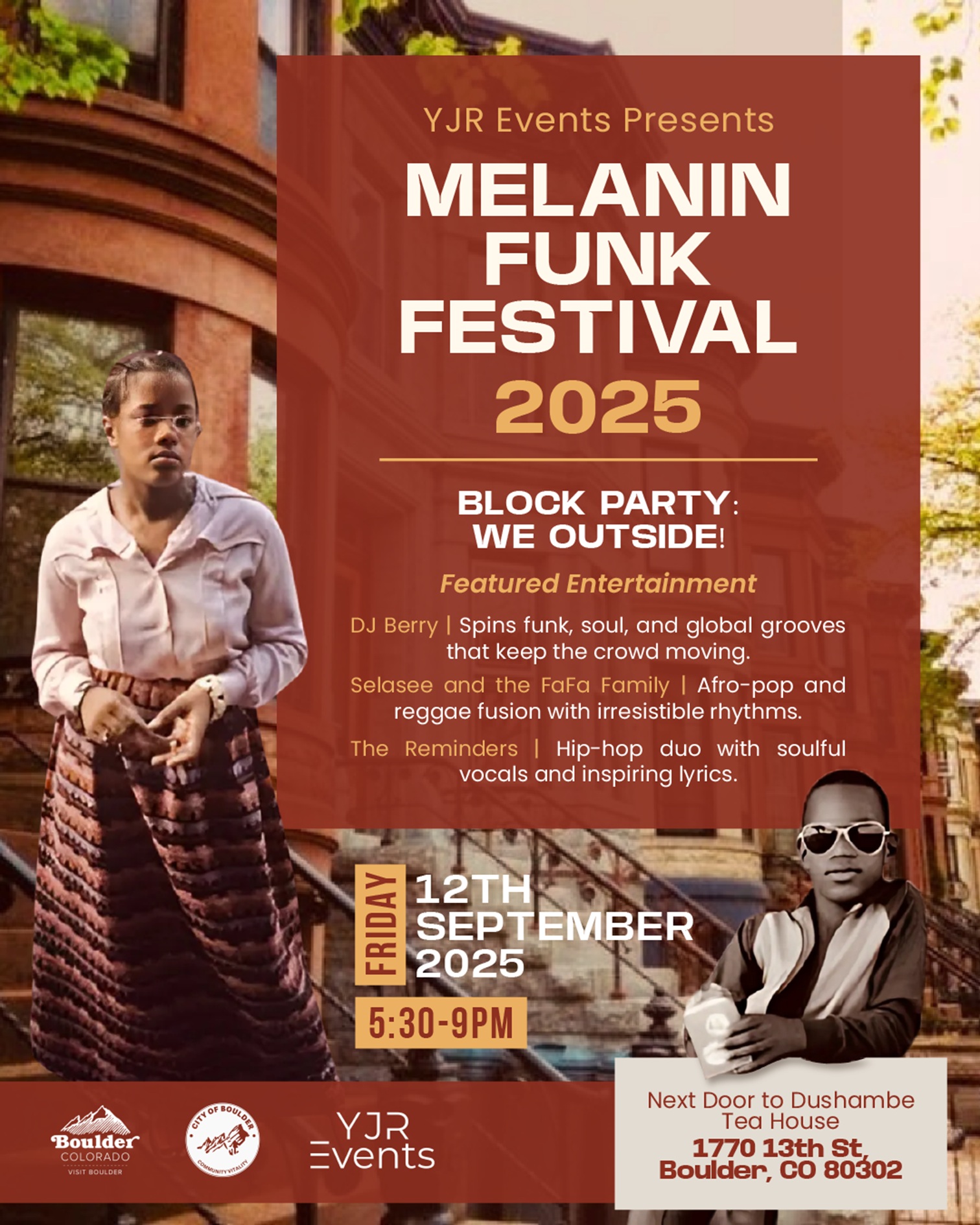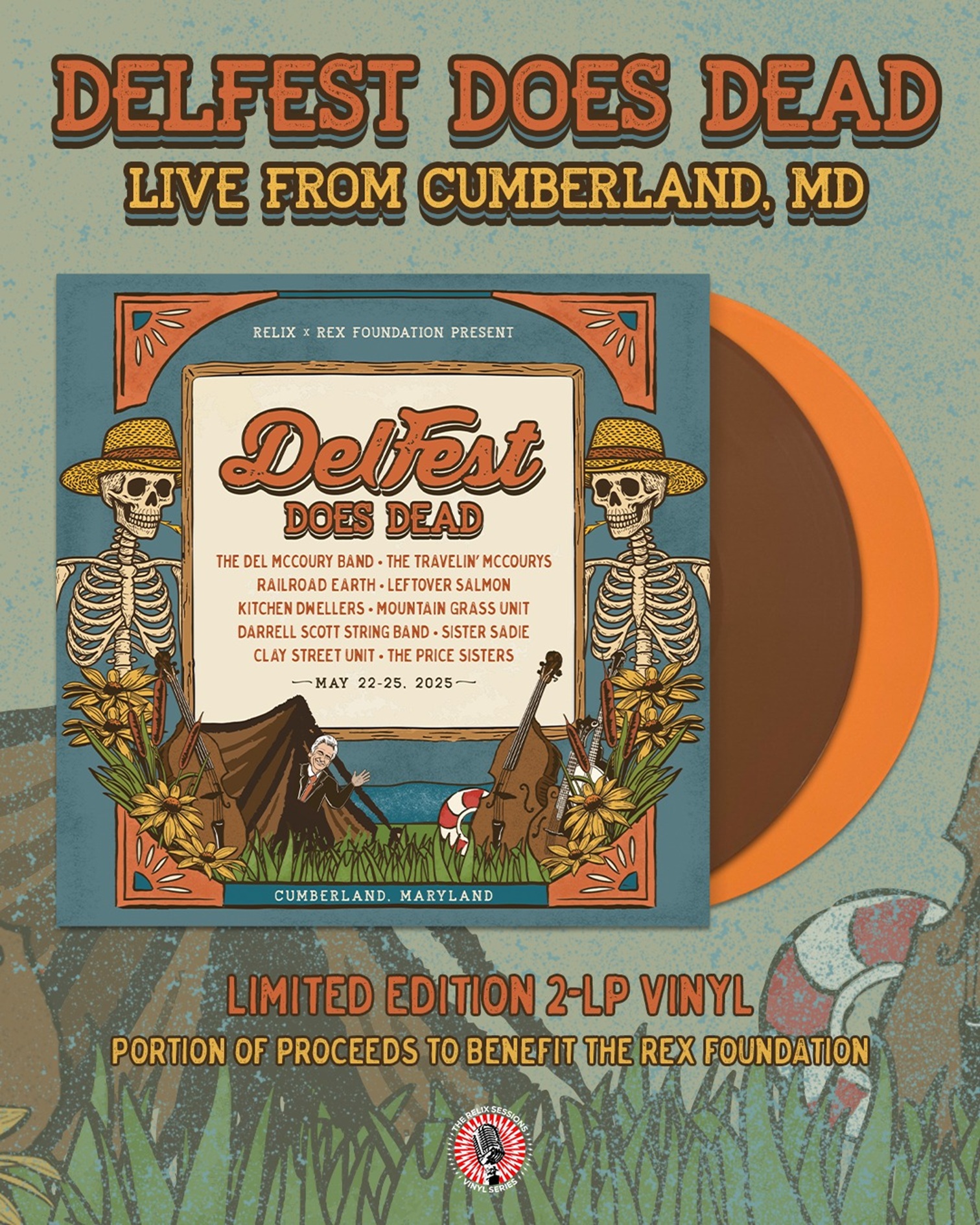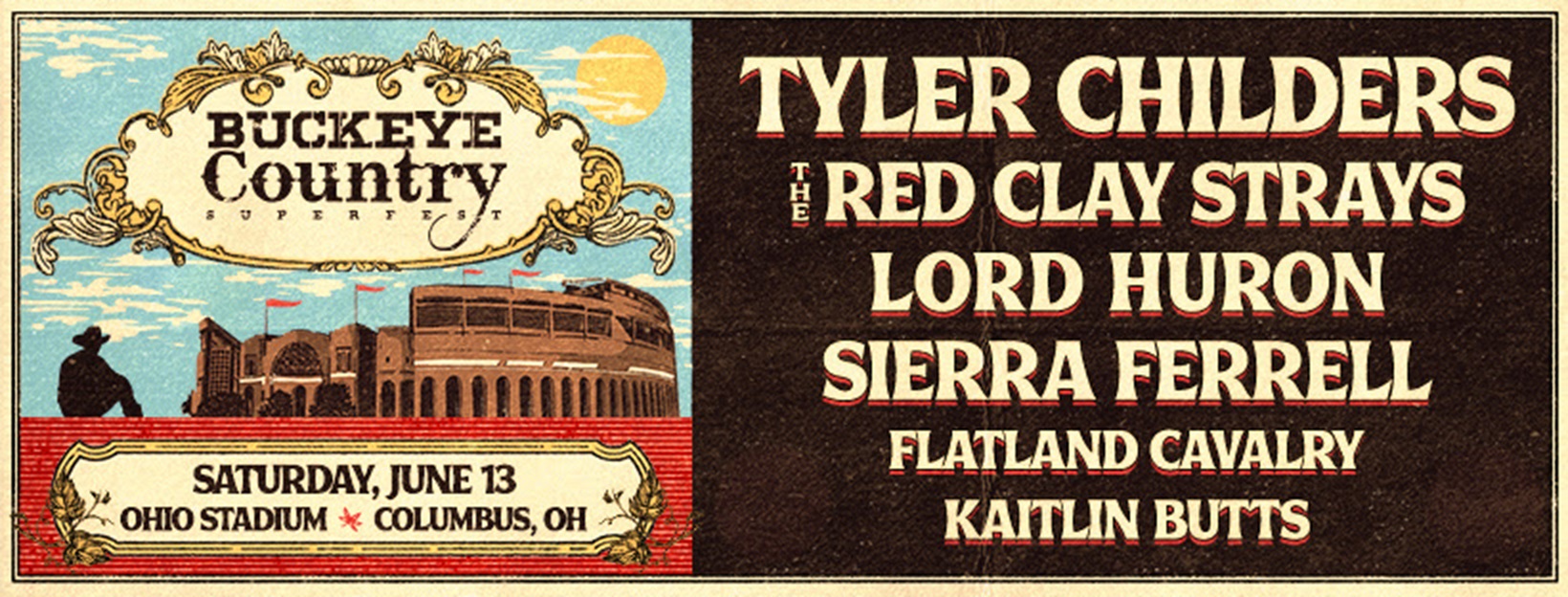On Sunday, August 12, 2017, singer-songwriter Ellis Paul was performing away from his hometown of Charlottesville but returned Monday to a town that was emotionally broken apart. A right-wing protest surrounding the removal of a statue of Robert E Lee came to a horrifying conclusion resulting in the death of one counter-protester Heather Heyer, many injured, and a police helicopter crash that took the lives of two state troopers. Paul penned his song “The Battle Of Charlottesville” shortly after.
"I felt compelled to write about it. Three people dead – over what? A fucking statue,” Ellis exclaims.
Today marks two years since that day, and it was just earlier this year that Paul’s song “The Battle of Charlottesville” saw it’s release on his 20th studio album The Storyteller’s Suitcase. Paul recently made a music video for the song, dedicated to Heather Heyer, and the victims of the Charlottesville protest. Proceeds generated from this video will be donated to the Heather Heyer Foundation.
You can donate to the Heather Heyer Foundation HERE and/or to the Charlottesville Resilience Fund HERE.
"We live in an age of political turmoil, rising emotional flare-ups, unbridled anger, and fear,” Paul continues on why he felt the need to write the song. "Usually, these kinds of blow-ups happen in places far away from home. Not this time."
"The Civil War still has its grip on us, and it seems to be our constant cross to bear. I wanted this song, 'The Battle of Charlottesville' to be more of a journalistic approach so I could show people what was happening as a kind of historical document. So they could come to the conclusions as witnesses themselves. I wanted it to be true to the moment as well. The President’s commentary was reckless and shameful, really, and regardless of his purported self IQ, his emotional intelligence was failing at that moment. I also wrote of Heather Heyer getting “mowed down,” and “lynchings” and I discussed that kind of critical language with other songwriters who suggested I tone it down. But I couldn’t bring myself to do it. I didn’t feel like I was being truthful unless the tone of the song met the tone of the protest."










